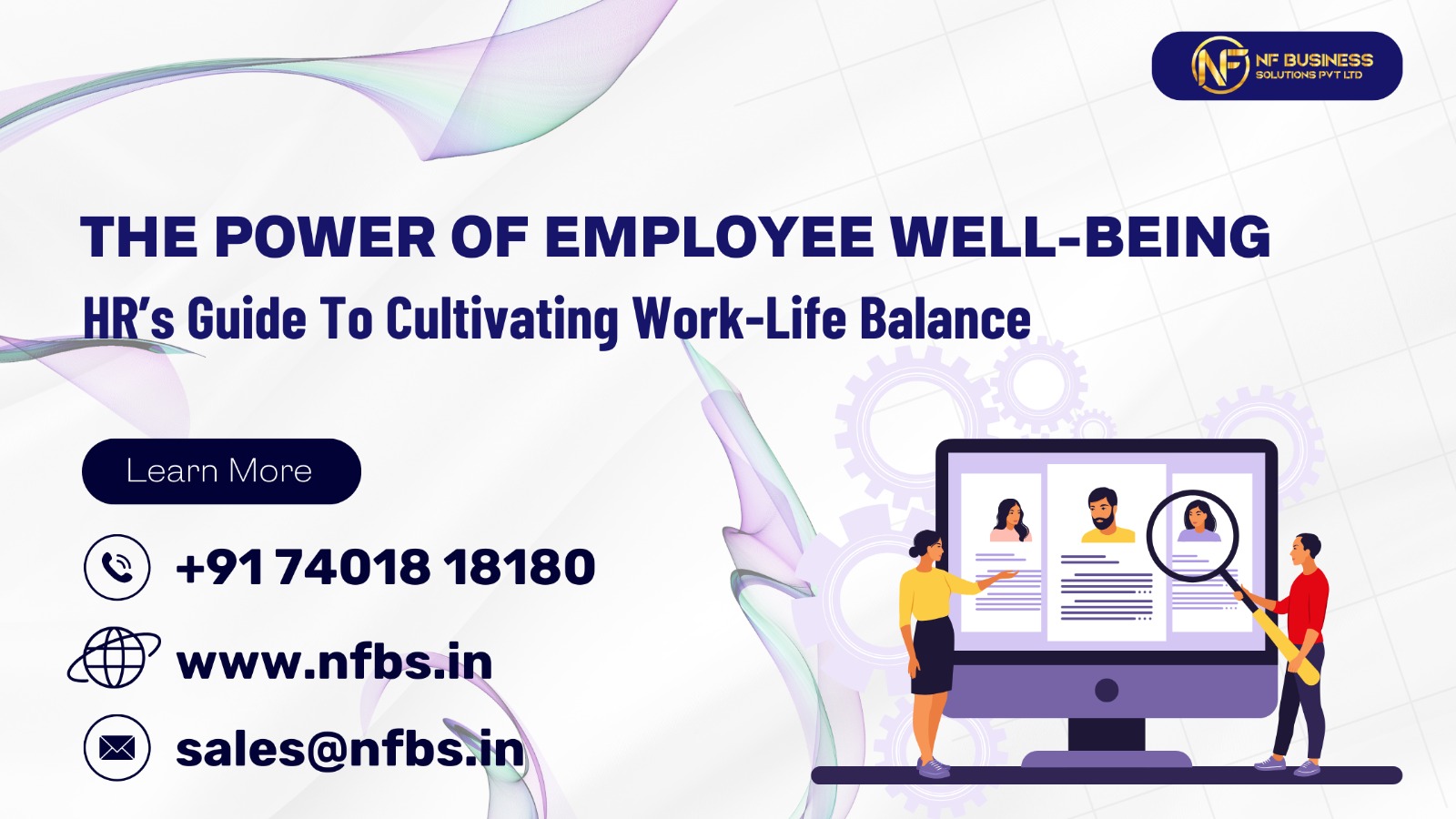Introduction_Company culture
The way employees interact with each other, their perceptions of the workplace, the underlying assumptions guiding their choices, and the core values that bind an organization are all influenced by company culture. Company culture plays a significant role in shaping various aspects of an organization, and discovering a workplace that aligns with the appropriate company culture is pivotal in shaping your professional experience.
In order to identify a suitable company culture, it is essential to grasp the concept of company culture and discern the distinctive characteristics that differentiate one from another. This blog will delve into the essence of company culture, the prevalent archetypes of company culture in society, and the significance of company culture.
What exactly is meant by company culture?
Imagine it as a collection of convictions, principles, objectives, and mindsets that are collectively embraced by an organization. Occasionally referred to as the “collective spirit” of a workplace or the “personality” of a company, company culture steers an organization’s operations and how its objectives are mirrored through its values and convictions. This dynamic aids professionals in collaborating cohesively within their enterprises and harmonizing their ambitions with the broader goals of the company.
Company culture frequently shapes the social dynamics within a company—defining what is considered acceptable, shaping employee interactions, discouraging specific behaviors, and influencing how staff members react to shifts within the organizational framework.
Four Key Aspects Defining Company Culture:
- Shared by Employees:
Company culture is a collective phenomenon. It doesn’t reside within an individual; rather, it’s manifested through the shared actions, values, and beliefs that employees collectively embody. It serves as a guiding force for setting company objectives and influencing employee outlooks.
- Ubiquitous Presence:
Company culture isn’t confined to specific tiers of an organization; it permeates all levels. It manifests in various dimensions, encompassing employee conduct, the organizational atmosphere, motives driving decisions, and the unspoken assumptions that underpin interactions.
- Enduring Influence:
Company culture significantly influences recruitment, employee retention, and the overall organizational framework. Job seekers naturally gravitate towards companies aligning with their personal preferences and work methodologies. Simultaneously, employers actively seek individuals who seamlessly meld with the existing culture. Consequently, company culture isn’t a fleeting trend; it stands resilient against change.
- Implicit Nature:
Operating in the background, company culture exerts a silent yet potent motivational impact. It operates with subtlety, lacking well-defined boundaries or explicit regulations. Employees sense its influences and expectations, often responding instinctively. This culture encompasses interactions, presumptions, and anticipated norms.
Varieties of Company Culture Styles:
To systematically categorize and gain insight into distinct company culture variations, a group of four experts from Harvard conducted a comprehensive review of literature. This review aimed to delineate diverse company cultures present within various organizations, resulting in the identification of eight distinct styles. These styles differentiate themselves based on the manner in which individuals engage (either independently or interdependently) and respond to changes (prioritizing adaptability or constancy). It’s worth noting that each style carries both advantages, suitable for certain individuals or organizations, and disadvantages that might not align with others. The following are the eight culture types as defined by these experts:
1. Caring:
The essence of this culture revolves around cultivating employee trust and nurturing a workspace that places emphasis on forging relationships. A cornerstone of this culture is the mutual support exhibited by employees, coupled with a commitment to acting with honesty and genuineness. This setting typically exudes warmth and hospitality.
2. Purpose:
A culture deeply rooted in purpose centers on a constructive mission, often aimed at benefiting the broader world. Such environments radiate optimism and generosity, where employees are motivated by a shared objective to effect positive change and contribute to the greater good. Mutual empowerment and collective goals are the driving forces in this setting.
3. Learning:
In a learning-oriented culture, the paramount value is placed on expanding knowledge, skills, and curiosity. This culture actively encourages employees to think innovatively and embrace continuous learning. A passion for innovation and a thirst for exploration commonly characterize employees within this culture.
4. Enjoyment:
This culture is centered on creating an enjoyable and light-hearted atmosphere. Employees in this setting tend to be spontaneous, possessing a sense of humor that’s actively encouraged. Positivity and high morale are usually prevalent, contributing to an overall optimistic ambiance.
5. Results:
Culture styles emphasizing results focus intently on outcomes and the drive for productivity. Employee performance and results are meticulously tracked, and achieving top-tier performance is a highly sought-after objective. Within this culture, leaders reward productive efforts and motivate employees to maximize their performance capabilities.
6. Authority:
A highly structured environment characterizes this culture, where senior staff wield considerable control over their subordinates. Dominance and decisiveness are pervasive themes, fostering a competitive atmosphere. Employers within this context value boldness and confidence as key attributes.
7. Safety:
For companies operating in high-risk sectors, a safety-centric culture takes precedence. These organizations meticulously plan operations, prepare for all conceivable scenarios, and exercise caution at every step. Logical thinking prevails among leaders who are risk-averse. Employees navigate their roles with careful consideration, seeking protection.
8. Order:
Order-based cultures embody principles of structure, respect, and shared norms. Individuals within these workplaces prioritize fitting in with their colleagues and adhering to collective practices. Professionals in this culture tend to adhere closely to established rules and maintain the status quo, often relying on traditional methodologies and procedures.
Why Company Culture Holds Significance?
- Company culture significantly influences employee engagement, retention, and productivity.
- An effective culture fosters strong connections between employees and the organization, motivating them to go the extra mile for success.
- Engaged employees actively enhance productivity and drive milestones, setting them apart from merely satisfied counterparts.
- A positive culture encourages employees to remain in their roles, reducing turnover.
- Learning and growth opportunities within the culture further deter job-seeking behaviors.
- Ultimately, a well-crafted company culture shapes employee experiences, fueling organizational achievement.








